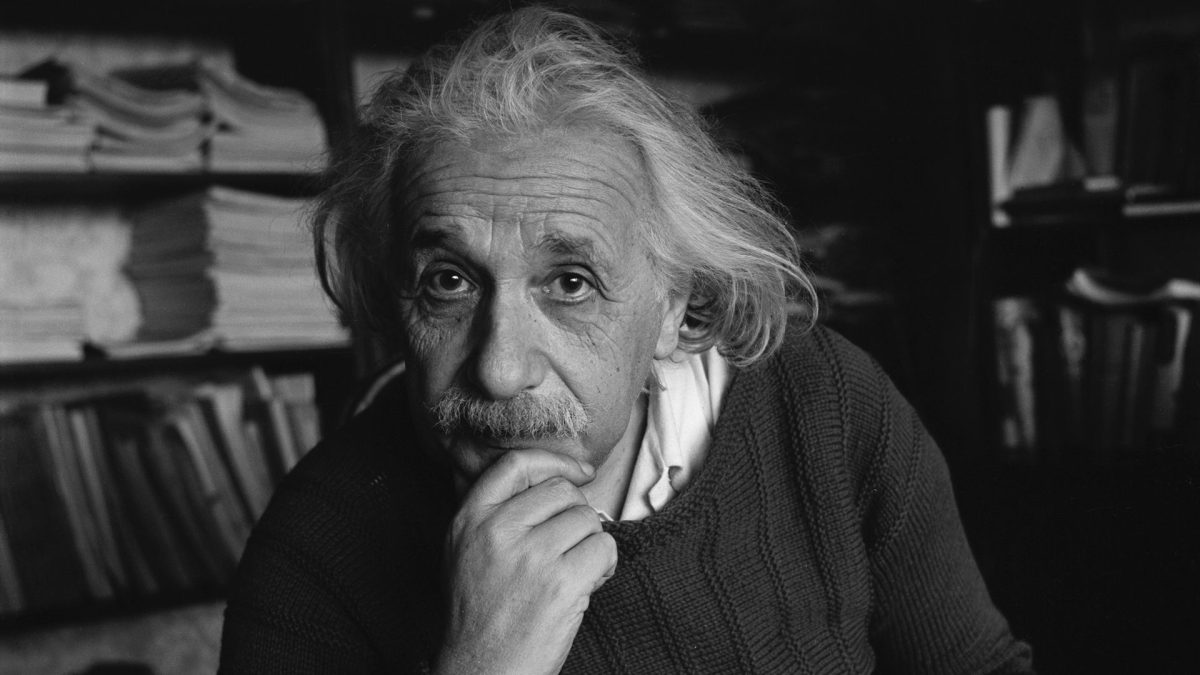Albert Einstein had one of the most impressive minds in modern history. His work continues to shape our understanding of the universe today. His discoveries are still incredibly useful today, from inventing the theory of relativity to being awarded a Nobel Prize in physics. Einstein’s work changed science forever. Albert Einstein was born at Ulm, in Wurttemberg, Germany, on March 14, 1879. He attended the Polytechnic Institute of Zurich, where he excelled in mathematics and physics. In 1905, Einstein published his theory of Special Relativity, which changed how we understand space, time, and energy. Ten years later, he presented his most popular theory, the Theory of General Relativity.
The theory of special relativity is a theory that states that space and time are not the same but are relative to the viewer’s frame of reference. For example, a fast-moving person sees time passing more slowly than a stationary one, and a fast-moving object appears shorter than a slow-moving one. This theory has affected modern-day science by changing our understanding of space, time, gravity, and the universe, leading to advancements in astronomy, physics, and technology. He discovered this theory through a combination of thorough experiments, mathematical reasoning, and a deep understanding of physics and mechanics.
The theory of general relativity is a theory that describes gravity not as a force, but as curvature in spacetime caused by mass. Einstein developed the theory of general relativity through a decade-long process of experiments and mathematical exploration. This theory affected modern science by leading to discoveries like black holes, gravitational waves, and the expanding universe.
Albert Einstein received honorary doctorate degrees in science, medicine, and philosophy from many European and American universities. During the 1920s, he lectured in Europe, America, and the Far East, and he was awarded membership of all the leading scientific academies throughout the world. He gained many awards in memory of his work, including the Copley Medal of the Royal Society of London in 1925 and the Franklin Medal of the Franklin Institute in 1935.
In conclusion, Einstein always appeared to have a clear view of the problems of physics and the determination to solve them. He had a strategy of his own and was able to see the main stages on the way to his goal.

























